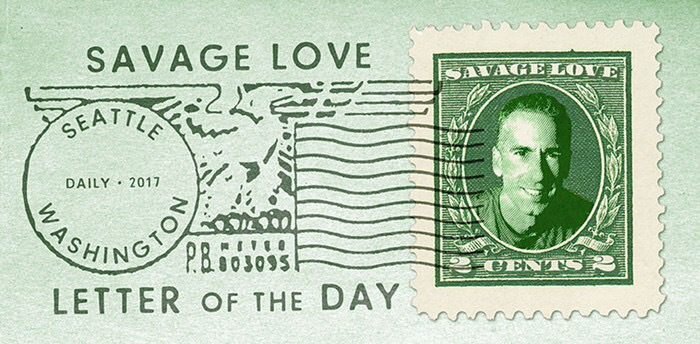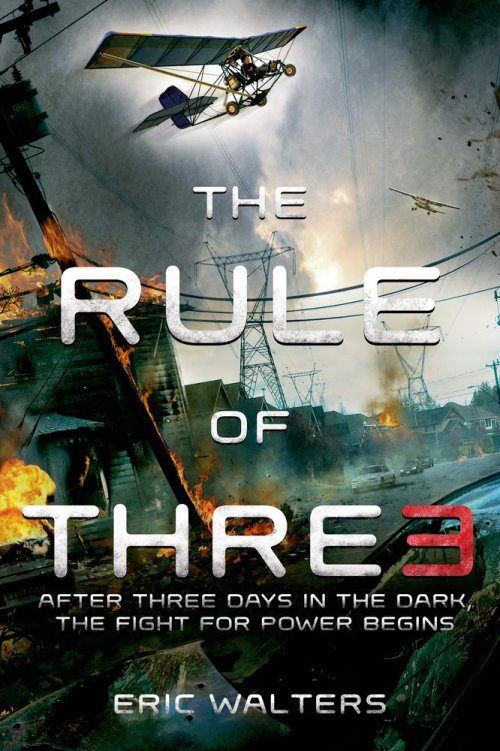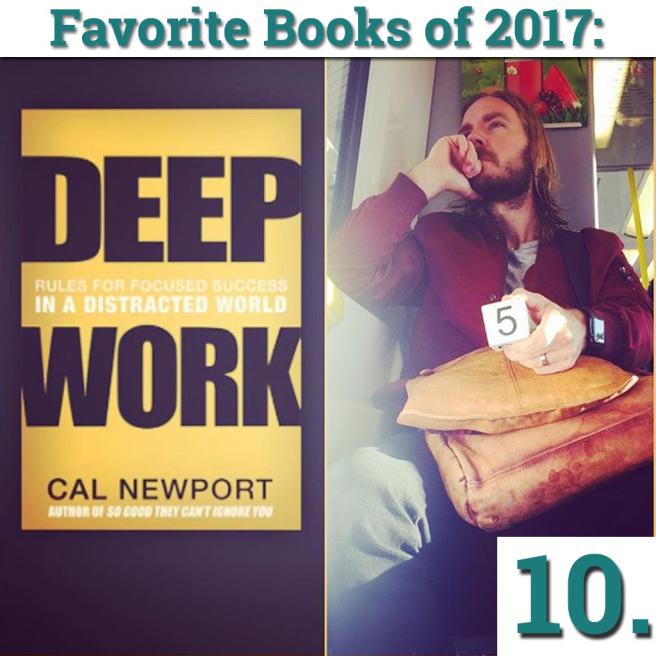
March 15, 2017 ST. PETERSBURG – A conversation with Pulitzer Prize winning journalist, Hedrick Smith.
7:02 pm – Introduction from Dr. Martin Tadlock, USF St. Petersburg’s Regional Vice Chancellor of Academic Affairs. This is the first official speaker brought to USF St. Pete by the Aresty Family Foundation. Tadlock gave thanks to the Aresty Foundation and to St. Petersburg College. Tadlock introduced Walter, from OPEN Open Partnership Education Network, a ‘neutral brand,’ a ‘think cooperative’ producing this event.
7:05 pm – Video explaining OPEN. (I am not sure if this is the same one, will check and update. Edit: This is the video that was shown during the talk.)
7:07 – Walter Balser explaining the discussions via OPEN will be arranged around themes.
7:10 – Introduction of Hedrick Smith, journalist and author of Who Stole the American Dream?
7:12 pm – Smith starting with a broad view of civilizations after acknowledging the current climate and local activities such as the Women’s March.
7:16 pm – Discussing briefly ancient Greece and ancient Rome, Toynbee “‘Schisms in the body social’ that so weaken the society that they fall on the ashes of history….I believe it is the internal divisions… that are the greatest challenge we have…”
7:19 pm – Moving to the 2016 election. Democrats: “This was a down-up battle in the Democratic Party.” Republicans: “An outsider who said…trade agreements had left behind…the American middle class….once again, a bottom up revolution.”
7:22 pm – “In three separate elections, we had a bottom-up election…..disenchantment is greater than we’ve ever seen…I’m talking about the understructure of what is happening in society…”
7:24 pm “John Gardener said, a decade ago, we are walking the edge of a precipice here. Civilizations die of disenchantment.”
7:27 pm – “For the last two decades, if you are an average American family, the economy has been going backwards.”
7:31 pm – Stakeholder capitalism: “The CEOs made about 30-35 times the workers…it’s now radically different.”
7:32 pm – Citizen power: Discussing impact of Civil Rights Movement, Women’s Movement, Environmental Movement, Worker’s Movement. In 1970 20 million people marched on Earth Day; 7 major pieces of environmental legislation were passed within the year. “We had a demand in this country from average Americans.”
7:35 pm – Early 1980s; major change in mindset regarding capitalism.
7:36 pm – The average Apple worker has a college degree, and maybe a graduate degree. Apple CEO, Tim Cook, makes 4,000 times the average worker. “This is not a problem of education.”
7:37 pm – A problem of power. “We have enormous inequalities of wealth. We have enormous inequalities of power…. 101 families contributed roughly 50% of contributions to political campaigns.”
7:39 pm – Enter Trump, who says he’s going to fix this.
7:42 pm – “If you’re going to do this, why would you pick four major bankers from Goldman Sachs (as leaders)..?”
7:43 pm – “What are we going to do abut it? We resist….but we have a broken…system.”
7:44 pm – Noted that Florida’s gerrymandering reform, which took 6 or 7 years, puts Florida “ahead of the game.”
7:45 pm – “The ability of people to get into politics is enormously important.”
7:46 pm – Smith closes, “While you are frustrated with what is happening or not happening in Washington, there are things you can be doing in the state of Florida…so we can deal with these grievous inequalities that are turning our society upside down.”
7:48 pm – Introduction of Suzanne Benton, organizer of the St. Petersburg Women’s March. Benton shared that she stood in a Quaker meeting and “made a pledge” in regard to the Women’s March.
7:52 pm – “I went to Queens College. I graduated in 1956. I was 20. I thought I was smart. I wasn’t smart; I got married.”
7:54 pm – Benton sharing stories from her travels and her thoughts regarding the 2016 election: “I didn’t know America had such hate. But I don’t think hate wins.”
7:57 pm – Discussing how the Women’s March developed with volunteers coming forward.
8:00 pm – Discussion with another woman who said it was “Wonderful, what (Benton) was doing, but it was not her style.” Benton said, “Not your style? Honey, it’s your country.”
8:01 pm – “It’s the women who are going to make this happen with the men who have grown up to understand.”
8:04 pm – Benton tells story, donning a paper mask:
“I am from the grave of martyrs. I have given my live. My life. So that you can be free. And what have you done with this freedom? Now that you know it can be stolen, lost, take from you?Are you here because you are afraid?
So many, so many are afraid. I promise you. I promise you. Your bravery will grow. You are not alone. We are millions and millions who care. We care. We the people believe still in justice. In justice…justice. The causes are many. Pick yours. Resist. Be vigilant. Persist – and you will find powers you didn’t know you had. That you didn’t know, because they will come to you as you act.
I have come to you from the grave of martyrs to give you courage. To dispel despair. I have given my life for you. And you.. and you… your cause is waiting for you. Now. And forevermore. Resist. Resist. Resist.”
8:08 pm – Rob Lorei from WEDU TV and WMNF radio, moderating discussion between Hedrick Smith, Suzanne Benton, and Katie Sanders from PolitiFact.
8:09 pm – The country had the opportunity to elect a populist, but they have not done this. Directs question to Smith. “In the campaign of Bernie Sanders, you saw an almost-election … (but) …the establishment of the Democratic Party was very effective in blocking (Bernie Sanders) a populist candidate.”
8:11 pm – The audience amused and appreciative when Lorei suggests Trump is a “fake populist” and Smith counters that he’d call him an “alternative populist.”
8:14 pm – Discussing Bernie Sanders populism versus Trump’s; Bernie Sanders “was not using the race card, the hate card, the border card…”
8:15 pm – This (the negative attractors of Trump’s campaign) is a fundamental problem that “the Democratic Party failed to deal with.”
8:16 pm – Lorei directs question to Benton regarding accusations that George Soros had paid the Women’s March protestors; Benton says she directs her efforts toward those out there who are working.
8:20 pm – Lorei directs question to Sanders regarding criticisms that it is not trustworthy, notes that he returned that they list every source. Sanders explains PolitiFact’s processes.
8:23 pm – Lorei directs question to Benton regarding her comments that “Bosnia could happen here.” Benton says it wouldn’t happen the same way, but “We have an awful lot of people with guns here… why?” “Publishers publish a lot of books for middle America…its not just the government.” Lorei directs the thread to Smith, who says “Imagine we have another crash… we are back to …millions of people who can’t finance their homes…given the backdrop of the public dialogue. the incivility of the public dialogue…” Smith suggests the inflammatory tone of public discussion would have impact on reaction and potential for violence. “We are in a brand new world in which the social media have massive impact and massive reach and do not exercise the same (responsibility and constraint) as PolitiFact.”
8:29 pm – “It’s extraordinarily important that we do this in a way that is civil.”
8:30 pm – Lorei to Katie Sanders: “How do we restore civil society?”
8:31 pm – Acknowledges question is impossible to answer, but asks where we go, when the impact of newspapers is lessening. Katie Sanders discusses need to hold media accountable. Benton discusses need to acknowledge the importance of current organizing efforts, discusses the ACLU “…doing something they’ve never done before; they are doing community outreach.” Smith says he is “encouraged.” “People are showing up for meetings with members of Congress, they are showing up for Marches.” Notes, again, the pride Floridians should take in the efforts that have been made to successfully fight gerrymandering. “That’s an enormous achievement of popular power…that is democracy at work…. I feel we in the media are falling down…we’ve done a terrible job reporting it.”
Mentions efforts in Connecticut, and the need for journalists to report on the efforts being made in states so awareness of these efforts grows outside of the individual state.
8:37 pm – Lorei solicits questions from the audience. Audience member asks for panelists opinions of Brand New Congress. Lorei asks for more information on the initiative. Audience member explains it is an outgrowth of the Bernie Sanders’ campaign, the object being to train, to vet candidates, and to have a Brand New Congress by the next election. Smith says its a good idea, but “…not sufficient. There are way too many districts that are stacked….we’ve got a systemic problem, nationwide, from gerrymandering.” Smith restated his concern with the impact of unchecked social media.
8:41 pm – Audience member asks panelists how much they feel the 24-hour cable news cycle has impacted hat speech. Smith notes impact of the end of the Fairness Doctrine on building “hate audiences.”
8:43 pm – Audience member asks about voter breakdown, suggesting 40% vote Democratic and 40% vote Republican. Asks if the fight isn’t for “the middle.” Smith discusses Wisconsin. “About 25 counties voted for Barack Obama in 2008 and 2012 and they voted for Trump in 2016.” He notes that it is “Very difficult to establish and idealogical pattern.” He reiterates the extreme dissatisfaction of voters. He says, “The fact that those 60,000 folks didn’t vote in Milwaukee is something the Democratic has to address.” We need to “…look at the election as an MRI.”
8:47 pm – Asks why the media doesn’t call Trump’s “fake news” “marketing”? Katie Sanders discusses the difference between how PolitiFact. Smith says “Fake news is fabricated…not interpretation.” Notes the many social media sites that propagated false stories are “a deliberate propaganda technique.”
8:51 pm – Question regarding voter suppression. Smith acknowledges “There is no question ALEC … had a campaign … to suppress the vote on the other side. But I’m back to Milwaukee: those people were registered and they chose not to vote.”
8:52 pm – Question regarding impact of “the economy, stupid” in the 2016 election. Trump “practiced identity politics… I think you’re right: the economy was the name of the game.”
8:54 pm – How to fix gerrymandering. Smith notes “You guys have done it” in Florida, suggests this has to be taken to other states. Also says the point is not having Democrats or Republicans win, but having a fair process.
8:55 pm – “Court system in America has said you can’t gerrymander for racial reasons….” “Wisconsin came up with a mathematical formula…If one party wastes more than 7% than the other party…” and Smith notes this is the first time there has been a formula, and now it will move up through the court system.
8:59 pm – Audience member discusses disaffection; Smith notes she has identified the group that is feeling most disaffected: those earning $50-100,000 per year. “Trying to ‘chin that bar,’ and feeling like you can’t chin it….the feeling that (one) of slipping behind and no longer have control of your own life.”
Advertisements Like this:Like Loading... Related




